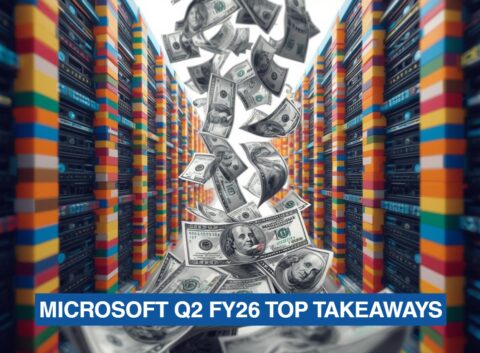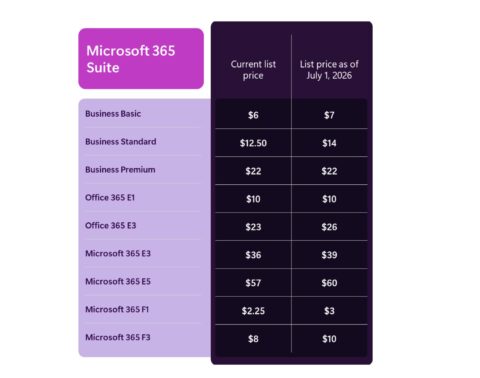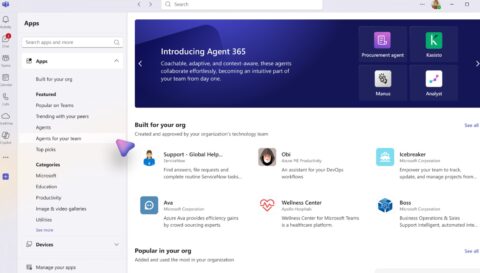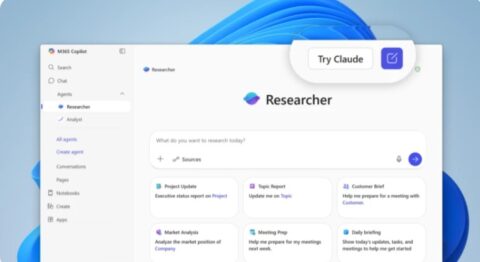Updated: April 8, 2024 (September 11, 2023)
BlogWhy Microsoft's Copilot Copyright Commitment may not mean much for customers (yet)

Even though only a subset of the many different Microsoft Copilot AI assistants are available to its commercial customers, Microsoft is trying to get ahead of some of the potential roadblocks facing customers adopting this new AI technology. The company went public one of its strategic weapons, its new Copilot Copyright Commitment, on September 7.
The Copilot Copyright Commitment builds on Microsoft’s IP indemnification coverage, company officials said, to include copyright claims connected to the use of its Copilots, including those for GitHub, Dynamics 365, Power Platform, Windows, Microsoft 365, Power BI, and its commercial Security suite of products, plus the related Bing Chat Enterprise assistant. Microsoft officials said this commitment includes the output these Copilots generate.
“Some customers are concerned about the risk of IP infringement claims if they use the output produced by generative AI. This is understandable, given recent public inquiries by authors and artists regarding how their own work is being used in conjunction with AI models and services,” Microsoft officials acknowledged in a blog post outlining the copyright commitment.
“As customers ask whether they can use Microsoft’s Copilot services and the output they generate without worrying about copyright claims, we are providing a straightforward answer: yes, you can, and if you are challenged on copyright grounds, we will assume responsibility for the potential legal risks involved,” the blog post added.
That means if a third party sues a commercial customer for infringing their copyright by using the various Microsoft business-focused Copilots or Bing Chat Enterprise, Microsoft will pay any legal damages.
Last year, Microsoft was hit with a class-action lawsuit over GitHub Copilot’s alleged code-scraping violations. And a number of authors and entertainers have sued OpenAI, Meta and others for allegedly using copyrighted material to train their AI language models.
Not so fast…
“But are these commitments outlined in a blog post enforceable before they are incorporated into the terms of service and other contractual agreements between Microsoft and its customers?” asked Directions on Microsoftanalyst Michael Cherry.
Microsoft’s latest changes to its service agreement, published in June 2023 and effective on September 30, include a section on “AI services to set out certain restrictions, use of Your Content and requirements associated with the use of the AI services,” but these terms were published prior to the announcement of the copyright indemnification.
Cherry also noted that a clause in Microsoft’s new commitment may act like a “Get Out of Jail Free” card for Microsoft. Microsoft officials said, “customers must use the content filters and other safety systems built into the product and must not attempt to generate infringing materials, including not providing input to a Copilot service that the customer does not have appropriate rights to use.”
Cherry explained: “Many times a person will not understand they don’t have a right to use some content—particularly under exceptions to copyright which are hard to interpret such as the concept of ‘fair use,’ of a small amount of material.”
In short, “copyright is hard,” Cherry said. That said, this new commitment by Microsoft “is likely enough to assuage most customer concerns. Customers simply may assume ‘we are indemnified; we can go ahead and use Copilot as much as we want,'” he added.
So many Copilots, so few generally available
Microsoft still has not rolled out all the Copilots it has announced and demonstrated and has not provided general-availability target dates, either.
The Microsoft 365 Copilot, which is slated to add assistive natural-language capabilities to Word, Excel, PowerPoint, and other Office apps, is still only in testing with 600 companies which are paying roughly $500 per user per year to test-drive the product. (That $500 number is based on information provided by some Microsoft customers during the various Ask Me Anything M365 Copilot sessions that Microsoft has held during the summer). Microsoft officials have said Microsoft 365 Copilot will cost $360 per user per year once it is generally available.
Microsoft’s Copilots for SharePoint and OneDrive don’t yet exist, as far as we know, although maybe there will be news on this front on October 3, given Microsoft’s tease for some major OneDrive AI-related news. And the Security Copilot that Microsoft announced in March is still only in very limited testing with roughly 20 customers. That preview program should expand substantially this fall, Microsoft officials have said.
Related Resources
Microsoft announces new Copilot Copyright Commitment for customers
The latest changes to the Microsoft Services Agreement, effective Sept. 30, 2023
Podcast: Generative AI – Where Customers Need to Look Before They Leap
Microsoft 365 Copilot and Bing Chat Enterprise pricing revealed
How Dynamics 365 CRM Is Adopting Copilot (Directions members only)
Microsoft, OpenAI still fighting Github Copilot copyright lawsuit
















